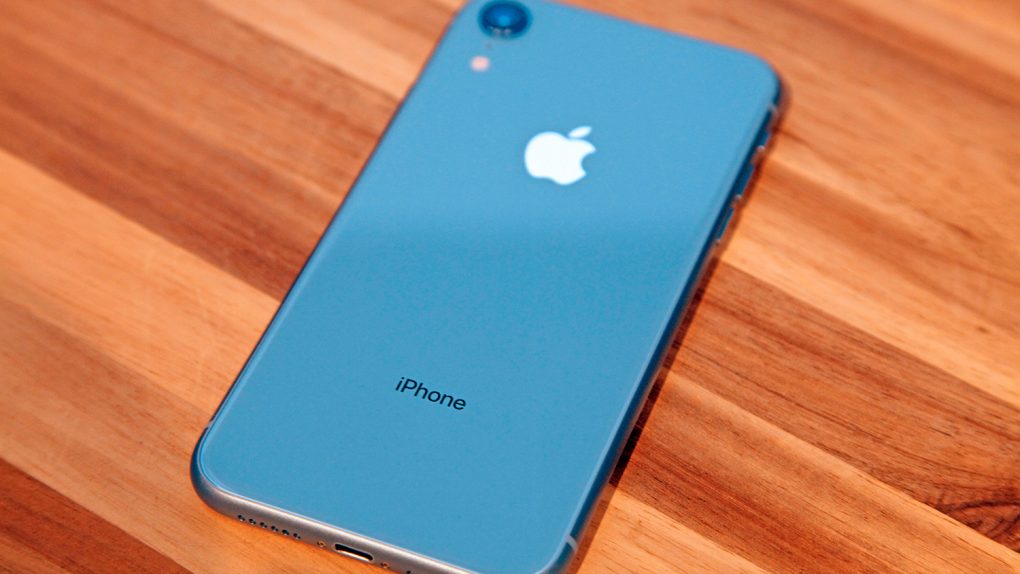The stock market has been particularly volatile as of late, which shouldn’t come as much of a surprise given Donald Trump’s penchant for making threats on Twitter about increasing import tariffs on Chinese-made goods. And while Trump has made similar threats before — and not followed through with them — it’s no secret that investors have never particularly cared for uncertainty in the market.
“For 10 months, China has been paying Tariffs to the USA of 25% on 50 Billion Dollars of High Tech, and 10% on 200 Billion Dollars of other goods,” Trump said via Twitter last week. “These payments are partially responsible for our great economic results. The 10% will go up to 25% on Friday. 325 Billions Dollars of additional goods sent to us by China remain untaxed, but will be shortly, at a rate of 25%.”
While the second part of Trump’s tweet hasn’t been implemented just yet, it’s only natural to wonder about the impact a 25% tariff would have on Apple’s forthcoming iPhone 11 lineup and its existing range of iPhones.
Tackling this issue, a new report from J.P. Morgan (via CNBC) relays that Apple would have to increase the price of the iPhone by 14% in order to account for the 25% tariff Trump is threatening to implement. Consequently, the price of an iPhone XS would jump $1000 to $1,142. Meanwhile, the cost of an iPhone XR would jump from $799 to approximately $911.
This leaves Apple with a few options. The company, for example, could simply pass along the cost to consumers. This strategy, though, seems to be a non-starter as it would have a huge impact on demand and would arguably tarnish Apple’s reputation a bit as well. Further, with Apple already struggling to boost iPhone demand, a price increase seems like a horrible idea.
A more likely scenario, according to J.P. Morgan, is for Apple to bear the brunt of the increase, something it could afford to do with its wildly large bank account.
But J.P. Morgan said Apple is more likely to absorb the cost of tariffs and take a hit on its earnings rather than raise the price of the phone. The bank estimates a total iPhone gross margin decrease of 4% if Apple doesn’t pass the tariff costs on to customers.
This would obviously eat into Apple’s earnings, but it would be a workable solution that would get new iPhones out into the hands of eager consumers keen on upgrading. It’s also possible, according to J.P. Morgan, that some of the added cost may be spread around to a few parties, including some of Apple’s component suppliers who may temporarily give Apple more favorable pricing.
Interestingly, another research note from Bank of America Merrill Lynch claims that Apple could also opt to move iPhone manufacturing to the United States. This, though, seems beyond unlikely given how ill-equipped the U.S. is at manufacturing smartphones at scale.
Tim Cook himself touched on this very point in late 2017.
“China has moved into very advanced manufacturing, so you find in China the intersection of craftsman kind of skill, and sophisticated robotics and the computer science world,” Cook said while speaking at a Fortune Global Forum event in China in December of 2017. “That intersection, which is very rare to find anywhere, that kind of skill, is very important to our business because of the precision and quality level that we like.”
Two years prior, Cook said the following during an interview on 60 Minutes.
China put an enormous focus on manufacturing, in what you and I would call vocational kind of skills. The US over time began to stop having as many vocational kind of skills. I mean you could take every tool and die maker in the United States and probably put them in the room that we’re currently sitting in. In China you would have to have multiple football fields.
Put simply, bringing iPhone manufacturing to the U.S. is the least likely of all the aforementioned scenarios.








